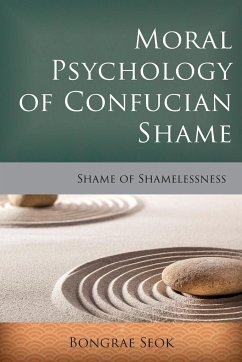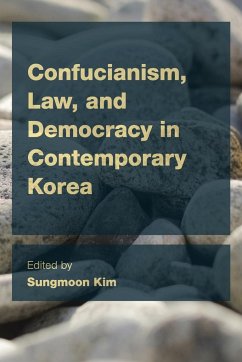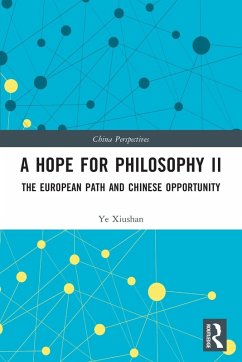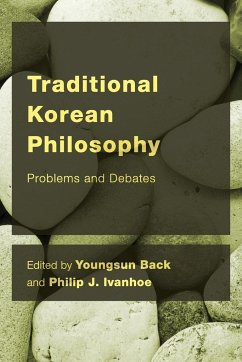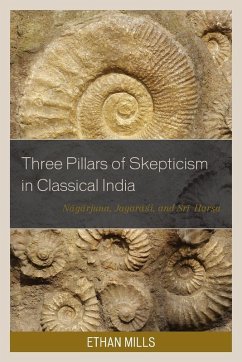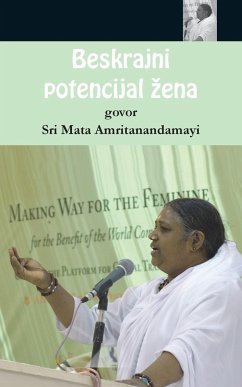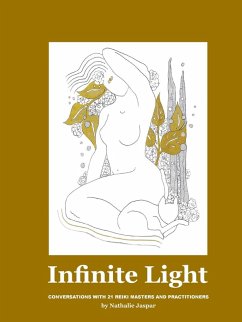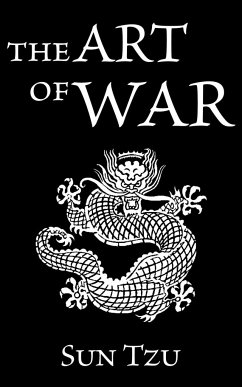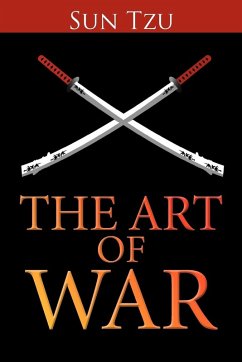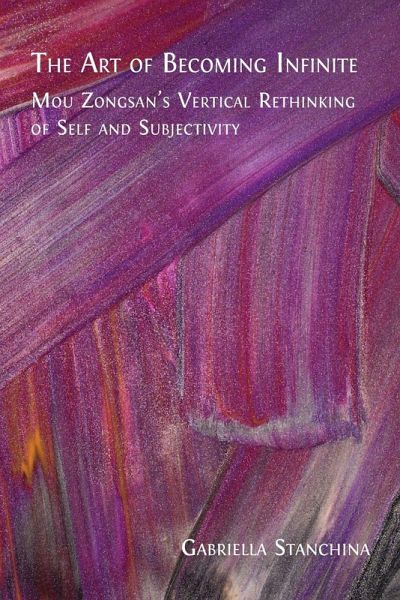
The Art of Becoming Infinite
Mou Zongsan's Vertical Rethinking of Self and Subjectivity
Versandkostenfrei!
Versandfertig in 1-2 Wochen
30,99 €
inkl. MwSt.
Weitere Ausgaben:

PAYBACK Punkte
15 °P sammeln!
Mou Zongsan is arguably the most important Chinese philosopher of the twentieth century. This work delves into the philosopher's exploration of self and subjectivity, setting Mou Zongsan's theories against Western paradigms. Mou contrasts Western 'horizontal' model, based on the separation of subject and object, and aimed at cognitive enhancement, with the 'vertical' view dominant in the Confucian and Daoist tradition. The vertical model has, at its core, a practical-performative interpretation of the subject, based on the moral self-cultivation. This spiritual cultivation enables the finite h...
Mou Zongsan is arguably the most important Chinese philosopher of the twentieth century. This work delves into the philosopher's exploration of self and subjectivity, setting Mou Zongsan's theories against Western paradigms. Mou contrasts Western 'horizontal' model, based on the separation of subject and object, and aimed at cognitive enhancement, with the 'vertical' view dominant in the Confucian and Daoist tradition. The vertical model has, at its core, a practical-performative interpretation of the subject, based on the moral self-cultivation. This spiritual cultivation enables the finite human being to 'become infinite,' embodying the original unlimited moral mind that constitutes the Self and the universe. In addressing fundamental questions of self-consciousness and self-identity, the book contextualizes Mou's philosophy within contemporary discussions in neuroscience and cognitive science. By placing Mou's ideas in dialogue with Western thought-examining thinkers like Husserl, Kant, Hegel, and Lévinas-as well as with Daoist and Confucian vision of mind, this work opens a pathway to understanding selfhood beyond purely epistemological boundaries. This book will be of interest to readers and scholars interested in the contemporary debate about mind and the Self, as well as those intrigued by the new horizons opened by a cross-cultural Western-Chinese approach to subjectivity.




